The television industry recently handled a problem that could have changed entertainment forever. On May 2nd, 2023, the Writers Guild of America went on strike against the Alliance of Motion Picture and Television Producers for a more equal pay, along with a structured and fair work field. The strike came to an end on September 27th, 2023, but what impact did it leave for both the industry and writers?
The Rise of Streaming Services
Streaming services have been on the rise for years and are more viewed than ever. Our generation of students has had access to these streaming services throughout their lives and have come to prefer them to traditional tv. Sophomore Ellen Zambrano said, “Usually I watch tv on streaming services like Netlix and Hulu. I use these because they are more convenient and have less ad breaks than normal tv. I’m also able to pick what I want to watch in that moment and not have to wait for an episode to come out.”
The rise of streaming services was one of the influences in the Writers Guild choosing to strike, because they were a big concern as it affected writers’ pay. There are far less episodes filmed for streaming services seasons, which usually consist of around 8-10 episodes, while standard television shows typically contain 20 episodes per season.
Media companies have invested billions of dollars into these streaming services, yet writers believed their pay had stagnated. “Streaming services may feel as though writers do not have a strenuous job and may feel as though they do not work as hard as other areas of production,” said Zambrano.
With a high viewing on streaming services and less episodes to write, there was less money to be made for their work as they received very little from streamed shows.
Risks of Prolonged Strike
The strike lasted over four months, but what could have happened if it continued farther? Zambrano commented, “If the strike had been prolonged, tv may not have gauged the attention of viewers. The film industry would not be in high demand because of the low quality. Film and tv projects would be less engaging.”
Senior Ebony Gutierrez is a film studies student at GCHS. Guitierrez said, “This could have caused a financial loss for studios, as well as fewer writers to produce anything new.”
A lack of writers leads to a lack of production. “There would be a jurassic decrease in released TV entertainment, leaving nothing new in the community,” Gutierrez continued.
Artificial Intelligence Takes Over
Along with streaming services coming to the rise with new technology media, artificial intelligence, or AI, has also come to a stable rise. Studios have refused to protect writers from being replaced with AI script writing which could create many problems. Industries would use AI as a starting point for writing, leaving workers to only be able to adapt to the material, which would result in underpayment.
In addition to the concern of a job loss, some fans worry that shows written by AI would be of lesser quality or less unique. “AI pulls from what it has learned from things already online,” Gutierezz explained. No new material is truly generated through AI.
Writers Mini-Rooms
With the low pay writers already experienced, studios still found ways to justify paying them less with a work environment called mini-rooms. Mini-rooms are a place for a small group of writers to come together and write scripts that are not yet greenlit, or in other words, picked up by any companies and ready to film. Since the shows were not greenlit, writers made less money for their work.
Another film studies student, senior Jacob Williams said, “The mini-rooms used to create and write new ideas are the only reason cinema is as creative as it is. Using these rooms, the writers are able to join minds and come up with some of the best movies ever and satisfy whatever the audience may crave. If the writers are not being paid for this time, cinema will plummet and ideas and creativity will cease to exist.”
If the strike has shown anything, it is how without writers, viewers lose many aspects that go into making any good entertainment for tv. Without them, the industry would lose creativity, consistency and many more elements.
Although the strike has come to an end, it feels as though it is only a matter of time before it will start again. “I think this is just the start of the writers’ strike. It took months just for the writers to receive equal pay for their hard work and creativity. Who’s to say this won’t escalate into other aspects of cinema like acting and crew work. With the drastic increase in social media, people have lost interest in movies and continue to lose focus. This creates a smaller desire for films as the years go on, causing less pay for the incredibly hard work coming from these writers and actors.”
For now, the strike has ended but that does not mean writers are still not fighting. Industries paying writers would do nothing but positively affect their media with consistency.









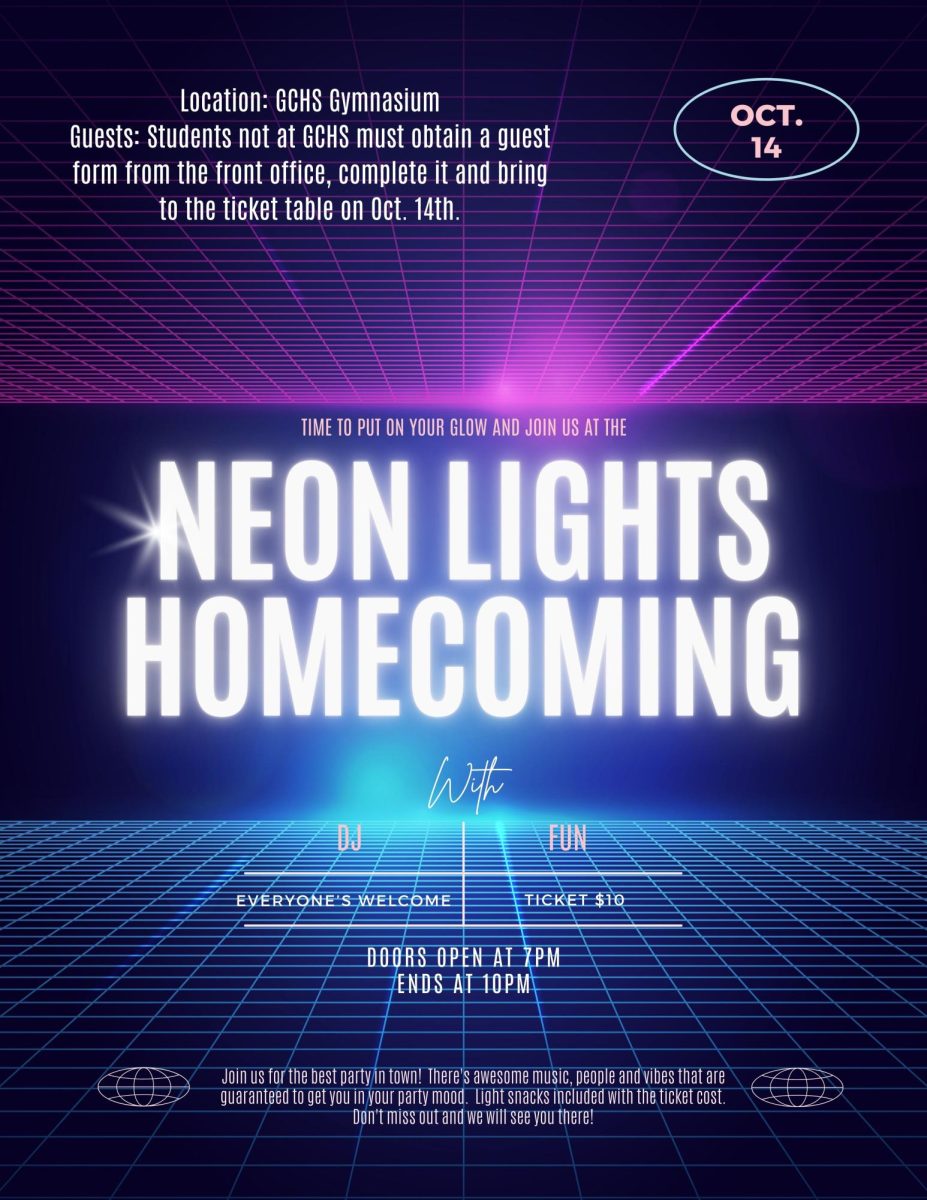


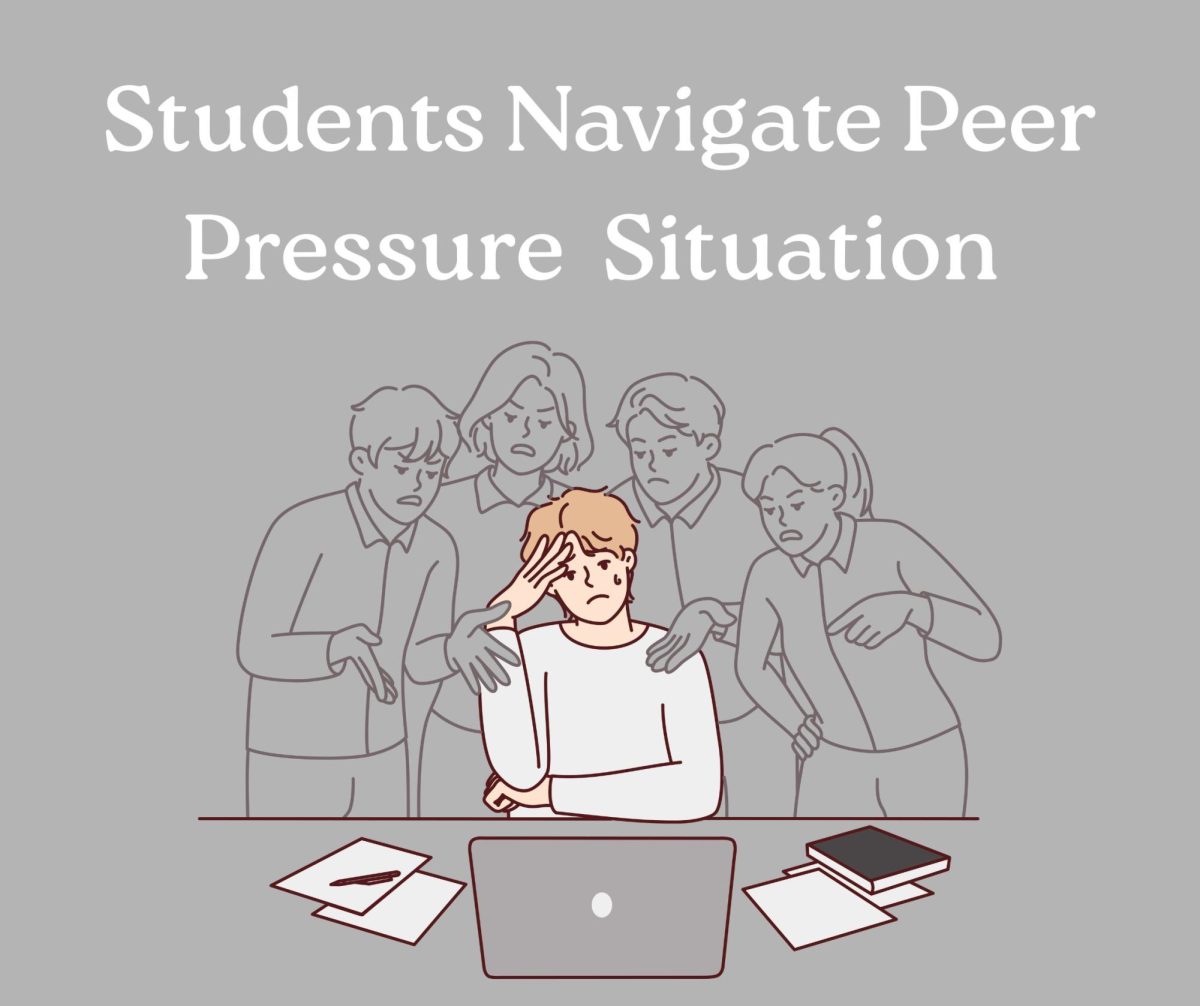





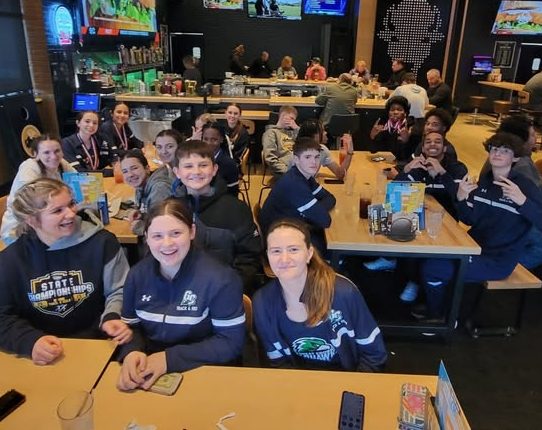

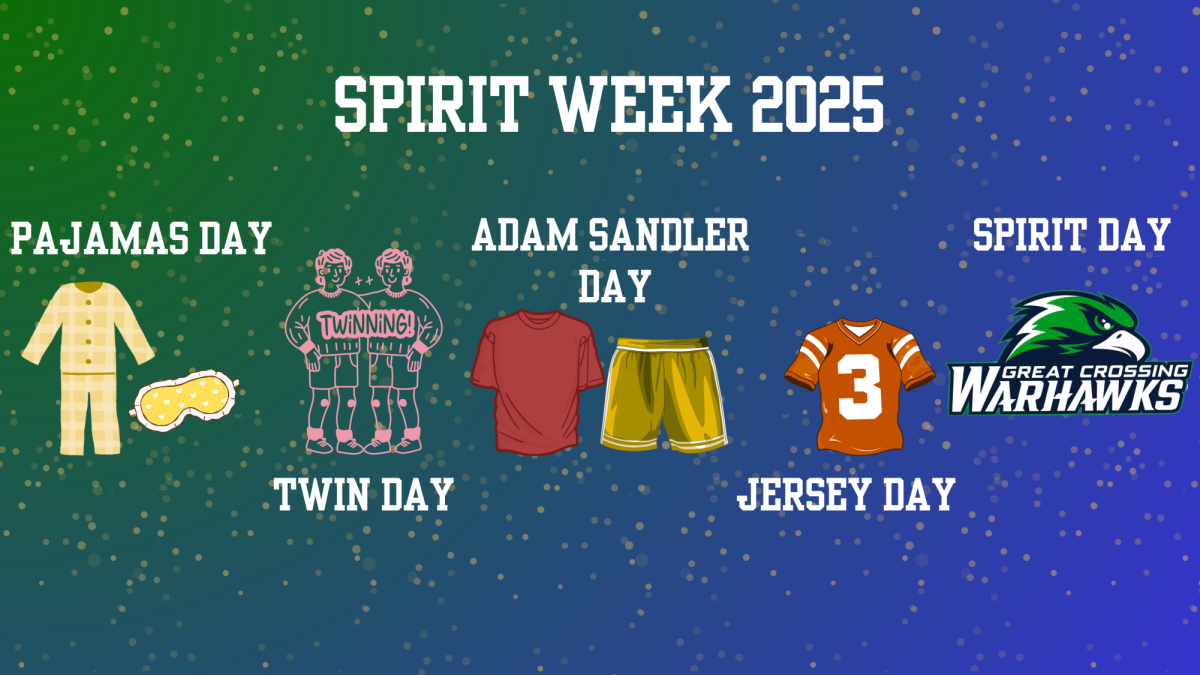



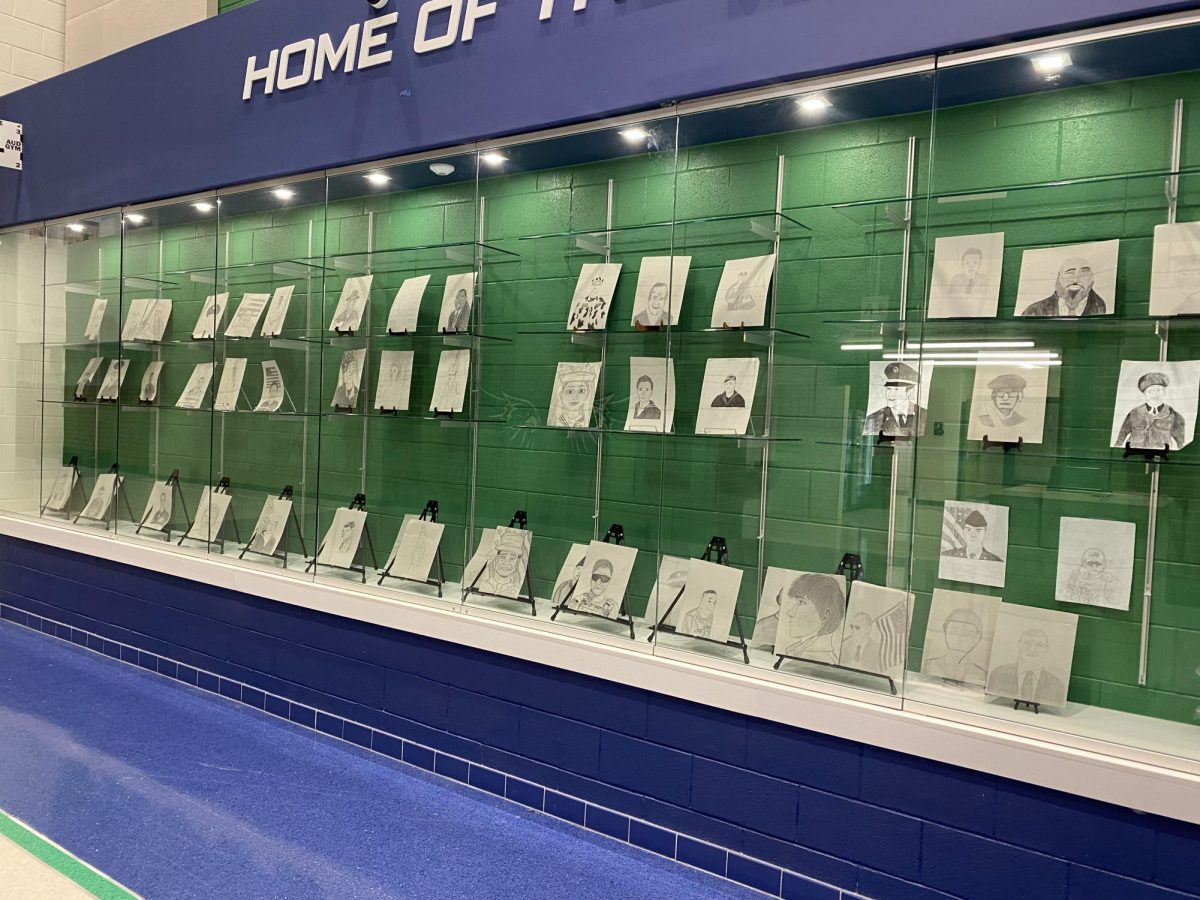




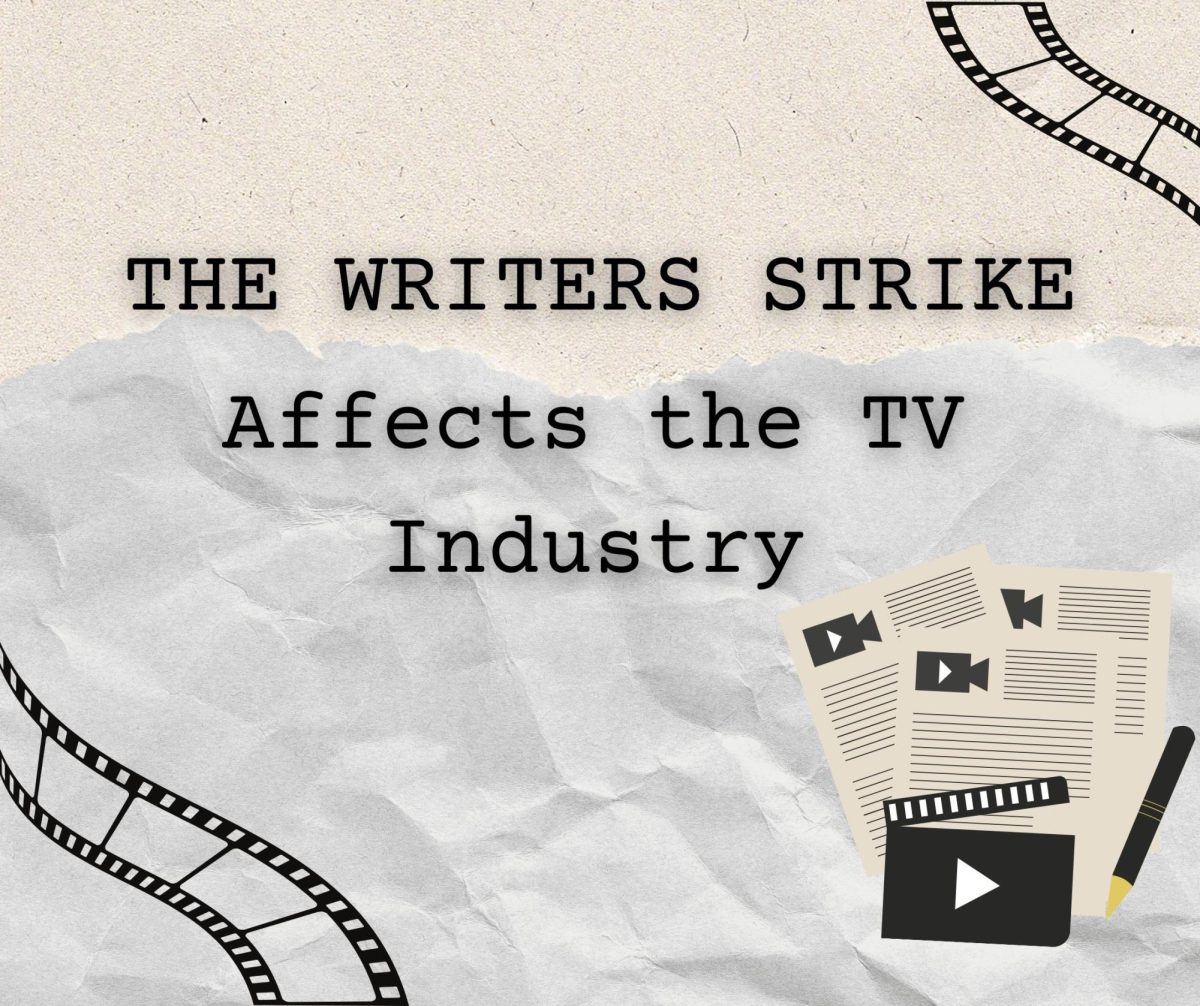





A.Kidwell • Mar 7, 2024 at 8:07 am
We need restrictions on what we can do with A.I